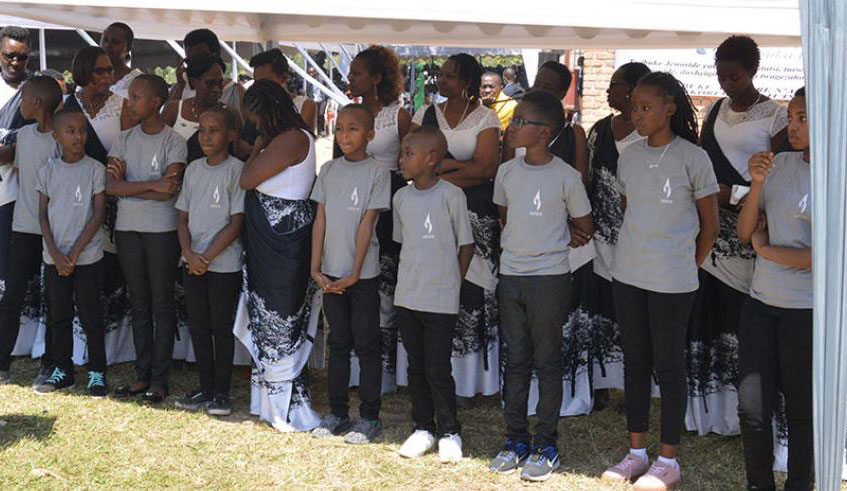

25 years down the line, the gory images of streets flooded with blood from mutilated bodies, bodies swirling in water- bloated and colourless, bodies so numerous that streams were clogged, still linger vividly in our minds.
Teachers who, by a hair’s breadth, escaped death in the hands of their colleagues and students, as well as those who witnessed it powerless are haunted to date by the smell of death and the outcry of distress. I seize the chance this week to remember the dead, reflect on the past and focus on building a united country.
I dedicate this week to the memory of the strong teachers who lost their lives in trying to protect their students; who were massacred for merely being Tutsis, who were massively raped and tortured to their last breath; who narrowly survived, but with indelible scars. I believe the best way to pay tribute to our beloved colleagues is to show respect for all persons equally, without distinction whatsoever of ethnicity, race, gender or other personal status. This should be carefully practiced in the classroom by using a positive language and openly condemning any element of disrespect or discrimination in the classroom. In honouring the dead, we must proclaim messages of forgiveness, reconciliation, life and peace- this is how we honour our dead.
Through the strength, dignity and resilience of all Rwandans, we have been able to unite and build our country from ashes; in defiance of death, we strive on for a better Rwanda. There cannot be a better way to honour the memory of the dead than this. Brick by brick we have put up schools, provided free and accessible education to all, and trained teachers to impart knowledge to our students. These alone attest our strength in the face of tragedies. When the voices of the youths within the walls of our classrooms roar with knowledge and maturity, hopeful of a future developed peaceful country, we are more than assured that for the sake of the lost souls, we are fighting a good fight.
I cannot think of a better time to renew our determination to build a prosperous future for generations to come. In honour of the lives of our fellow educators who lost their lives in the gruesome Genocide of 1994 against the Tutsis, we must take the lead in the fight against genocide ideology with all we have in our classrooms.
Educators are better placed in the fight because they not only spend quality time with the youth (who are the majority in this country) but also take charge of the nobble art of moulding them into critical thinkers sensitive to human rights and skilled to the very core for service to humanity and to God. The school, undoubtable, is the best place to start the fight against genocide ideology.
In 1994, schools that had serene places where ideas were hatched developed and made real, turned into hunting grounds and abattoirs for Tutsi lives. In memory of the dedicated educators of all levels slain in 1994, we must strive to remember, renew and to unite. Never again!
editor@newtimesrwanda.com


